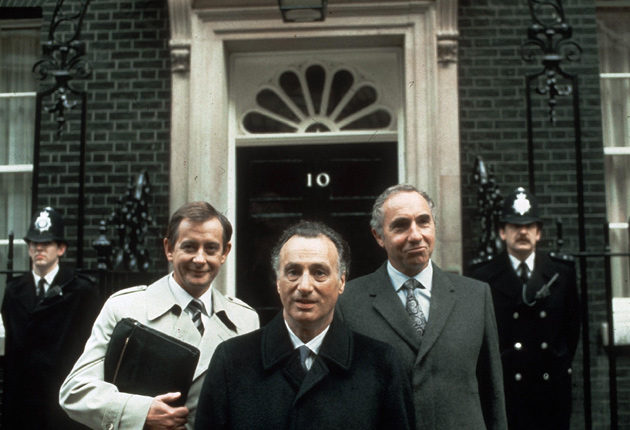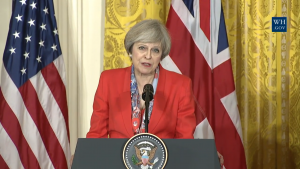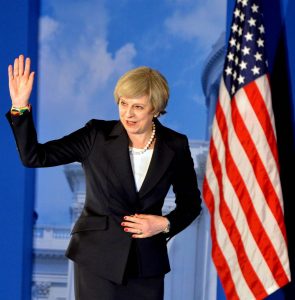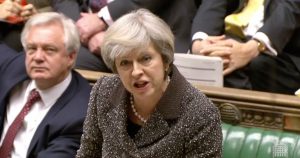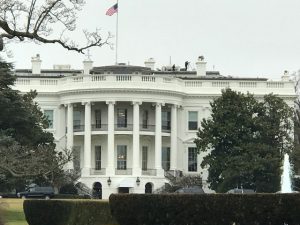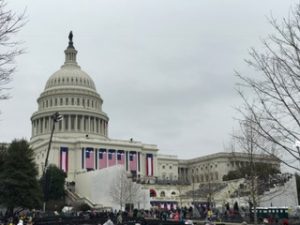“No deal for Britain is better than a bad deal for Britain.”
Speaking from Lancaster House, where Britain announced entrance into the single market, the Prime Minister announced the UK’s departure, making her most detailed statements yet on the Government’s Brexit strategy.
By Kate Burrows-Jones
WorldMedia North America Editor
“The United Kingdom is leaving the European Union. My job is to get the right deal for Britain as we do.”
The Prime Minister has declared that Britain will be independent of the European Union, a sovereign nation. She will pursue a clean break from the EU, making clear that Britain will no longer be part of the EU but emphasising its new role as a global trading nation, governed by a unified British people, not by a supra-national power. She will restore parliamentary democracy to the UK. Throughout the speech, the Prime Minister returned to the theme of a “Global Britain,” a world leader in free trade.
“Not partial membership of the European Union, associate membership of the European Union, or anything that leaves us half-in, half-out. We do not seek to adopt a model already enjoyed by other countries. We do not seek to hold on to bits of membership as we leave.”
The Prime Minister laid out a 12 point plan to leave the EU. The official account of the Prime Minister, @Number10gov, tweeted out the major points while the speech was in progress.
May has promised to be clear wherever possible with the British people, the public sector, and business leaders. The same rules will apply to all sectors after Brexit as before and the final deal will be put to a vote in both Houses of Parliament. This news produced a strong rally in the pound against the dollar and the euro.
British sovereignty and British rule of law will be restored; Britain will also leave the jurisdiction of the European courts: “We will take control of our laws.”
Membership in the single market will not occur because membership would leave EU law with ongoing sway over the UK: “Luxembourg will not have law-making powers.” She stressed that membership in the customs union would bind Britain to EU rules and would need to take a new form. It could be negotiated.
The Prime Minister strongly pledged to strengthen the bonds of the united United Kingdom keeping the union intact of Scotland, England, Wales, and Northern Ireland acting in the interests of the devolved powers. She pledged to protect each one’s interests in any deal and to protect common resources.
Other key points include:
A deal that allows for the common travel area between the Republic of Ireland and the UK will be an important position for the UK. She stressed families and relationships as a foundation for an open travel area. The two countries had open borders before they both joined the EU.
The UK will take a position to protect the rights of EU nationals in Britain and British nationals in the EU.
A pledge to protect the rights of British workers following Britain’s departure from the Union.
The UK will go global, and seek to restore its position as a world leader in free trade, seeking agreements with the United States, the Commonwealth, India, and the European Union. She stressed both a desire for and a belief in the mutual benefit of free trade with the European Union.
The UK will take a leading role in science and innovation.
The UK will cooperate on crime, counter-terrorism, and foreign affairs as it has for 40 years protecting borders
To the mutual benefit of the UK and the European Union, she said a phased approach to Brexit must occur for the stability of both.
